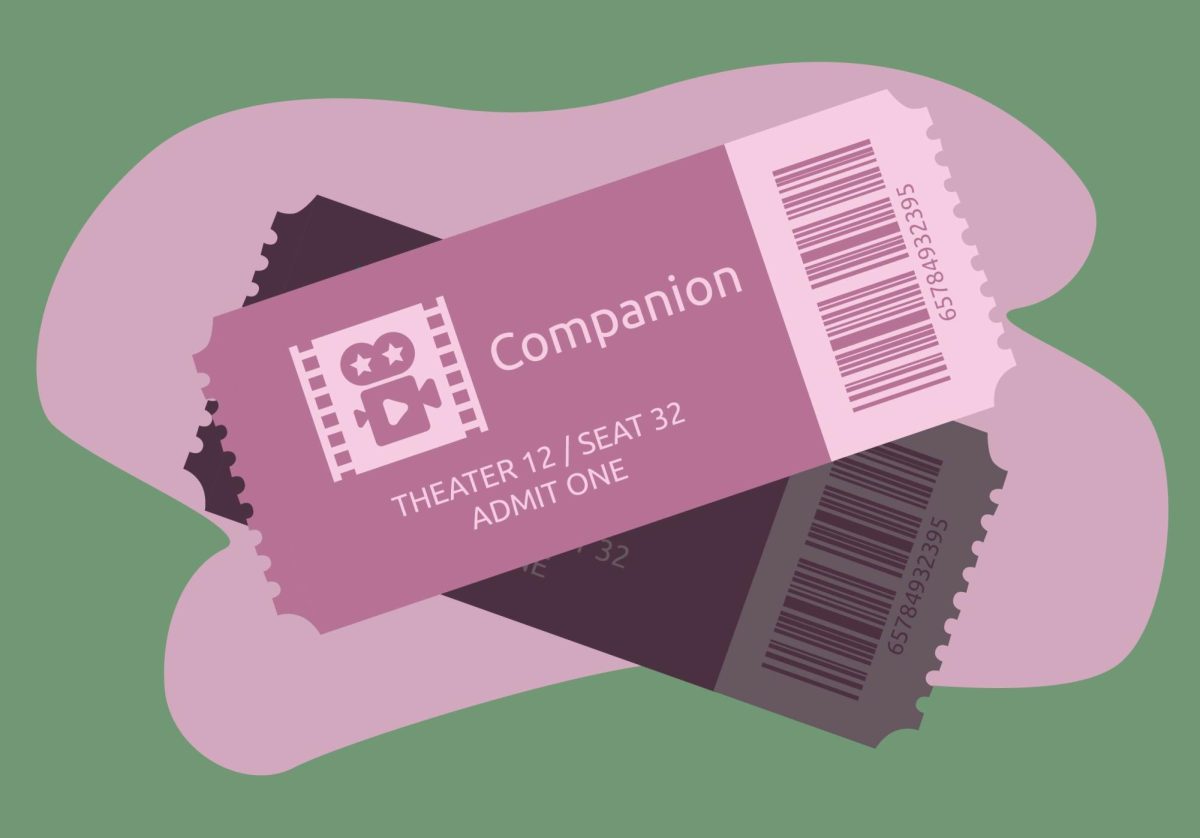At a Dinkytown cafe Saturday, several members of the Geezers Jug Band were living up to their name.
“About the only place left from when we were here is Al’s Breakfast,” said University alumnus Peter Albrecht. Fellow alumnus Tom Skramstad corrected Albrecht, pointing out that The Podium had also been around back then, selling music and instruments at several locations in Dinkytown since their undergraduate days in the late 1960s.
Since then, the two have been playing music around campus and in the Twin Cities, and thus have plenty to reminisce about. The Dinkytown they remember still resonated with the specter of Bob Dylan, who played at the 10 O’Clock Scholar, a coffee shop located on 14th Avenue Southeast in the late 1950s.
Albrecht and Skramstad were joined for the interview by bandmate Don Venne, who, like Albrecht, is a District Court judge. The bandmates have never made it to the big time on the folk music circuit, but recently, they have had a brush with stardom.
The Geezers Jug Band is the reigning champion of the annual Battle of the Jug Bands, a West Bank tradition that is entering its 24th year. That accolade earned them a place on Garrison Keillor’s “A Prairie Home Companion” radio program, broadcast Jan. 28.
At first, Albrecht said, they thought the invitation to play on the popular folk music and humor show was a cruel hoax. But it turned out Keillor really did want them on and wanted to promote the battle as well.
The band was pleasantly surprised at the professionalism, courtesy and organization of “A Prairie Home Companion.” It must have seemed a far cry from the battle, which is notorious for its informal, if not lax, atmosphere.
Sarita Woods, the main organizer of the battle, and a jug band musician herself, said she tries to maintain a balance between frivolity and orderliness. “People come with their own good spirits,” she said, perhaps not intending a double entendre. One of the few strictly enforced rules is the 15-minute time limit for each act.
The battle has plenty of traditional tomfoolery. “Someone always steals the waffle iron,” Woods said, referring to the tongue-in-cheek trophy that
is the competition’s only prize, besides bragging rights. “It’s a 1936 Hollywood waffle iron that somebody found in a basement.”
The iron has been rewired during the years, and the Geezers Jug Band used it recently to cook waffles for a celebratory brunch.
Besides the ludicrous prize, which comes with its own velvet bag and pillow, there are plenty of opportunities for mischief. “Bribing the judges has taken on a life of its own,” Woods said. “People bring bottles of syrup.” The Geezers Jug Band hinted that less-innocent bribes might at one time have been offered, but this was impossible to confirm.
The bribes might be a prime inducement for judges to volunteer, as the only qualification they need is “the ability to sit through eight hours of jug band music,” as Woods said.
The main requirement for bands is that they have three traditional jug band instruments onstage, with two playing at any given time.
“If you don’t know what traditional jug band instruments are,” Woods said, “you’re not a jug band.”
For the benefit of readers who are not in a jug band, the traditional instruments include banjo, washtub bass, kazoo, washboard, jug, spoons, and several other homemade and makeshift items.
In Albrecht’s view, the most important thing about playing music with jug band instruments is the way they encourage participation.
“As long as someone has a ‘real’ instrument, everyone else can join in, banging pots and stomping the floor,” he said.
Albrecht summed up the appeal of jug bands.
“I’m not as good a musician (as some professionals), but I’m good enough to play music and have fun,” he said.







